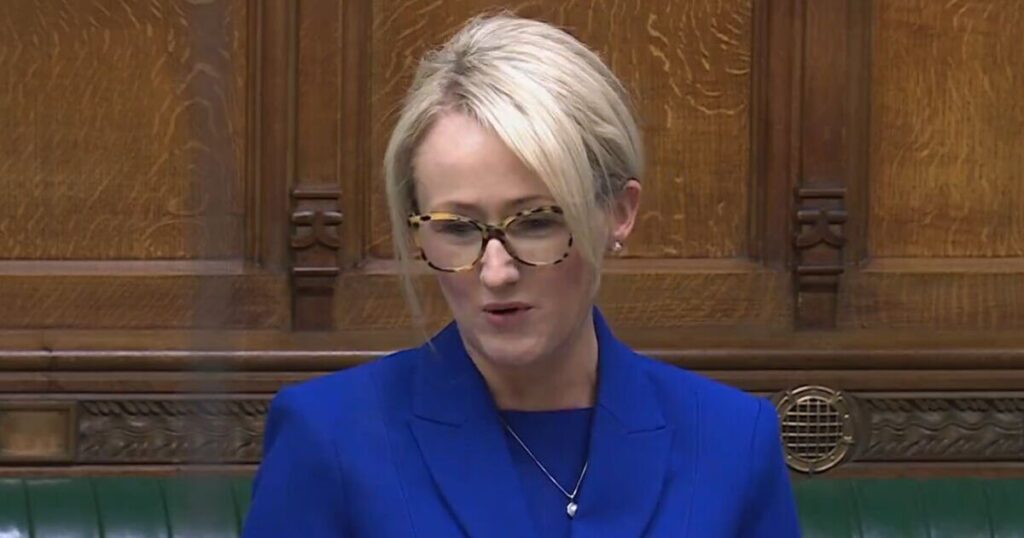
An MP backing compensation for the WASPI generation of women (Women Against State Pension Inequality) has said a key reason the DWP gave for not granting payouts does not make sense.
Labour MP Rebecca Long Bailey has long supported the campaign for the 1950s-born women to get compensation payouts. She opened a debate in Parliament on the issue last week (July 3).
She and other MPs who support the campaign spoke out in the Commons Chamber to voice their disappointment with the DWP’s announcement at the end of last year that there would be no compensation scheme for the women.
Asked for her thoughts on how the debate went, Ms Long Bailey said: “I thought the debate was powerful and deeply moving. It was a chance for Parliament to speak with one voice and stand up for the thousands of 1950s-born women who have fought so long and so hard for justice.
“I was able to raise the key issues I’d intended – particularly the scale of the injustice caused by the DWP’s maladministration, the harm it inflicted, and the urgency of delivering a fair and workable remedy.
“But no matter how many times we make these points in the Chamber, they deserve to be acted on, not simply heard.”
The dispute revolves around the treatment of 1950s-born women who were affected. Their state pension age went up from 60 to 65 and then 66, a change they claim the DWP did not properly inform them of, with many unaware up to the last minute.
The Ombudsman recommends payouts
An investigation by the Parliamentary and Health Service Ombudsman found there was maladministration on the part of the DWP, as they should have sent out letters about the change sooner.
The watchdog recommended compensation payments ranging from £1,000 to £2,950. However, Labour ministers announced last year that there would be compensation, arguing most women knew of the change and that sending out letters sooner would have made little difference.
Ms Long Bailey took aim at this line of reasoning: “The Government’s argument that most women knew about the changes – or that sending letters wouldn’t have helped – is simply not sustainable, and the Ombudsman’s findings back that up.”
Pensions minister Torsten Bell provided a Government response for the debate. He said: “The Government agree that letters should have been sent sooner.
“We have apologised, and we will learn the lessons from that. However, as honourable members and campaigners on this issue are well aware, we do not agree with the Ombudsman’s approach to injustice or to remedy.”
‘Do the right thing’
Ms Long Bailey reflected on the minister’s comments: “I do have a lot of time for the minister, and I recognise he is in a difficult position, bound by the Government’s current stance.
“But I sincerely hope he becomes the minister who finds a way to do the right thing. He understands fairness and the importance of evidence-based policy. I want to see him take that knowledge and turn it into action.”
The WASPI campaign has launched a judicial review of the DWP’s decision not to grant compensation, which the high court has agreed to take on.
 Latest Breaking News Online News Portal
Latest Breaking News Online News Portal






